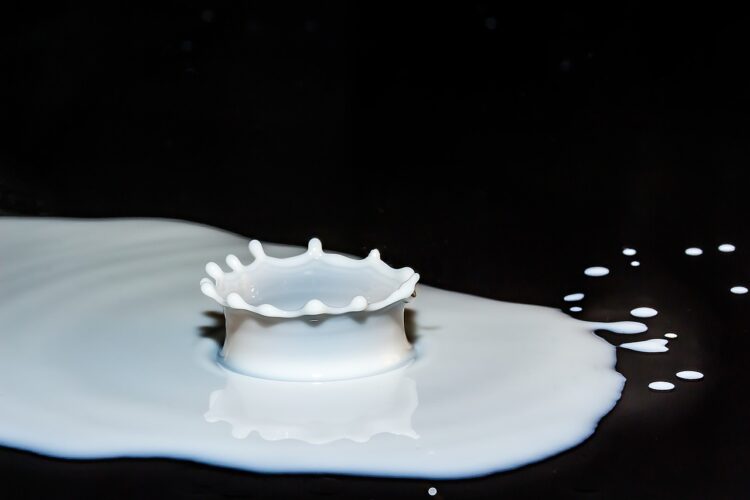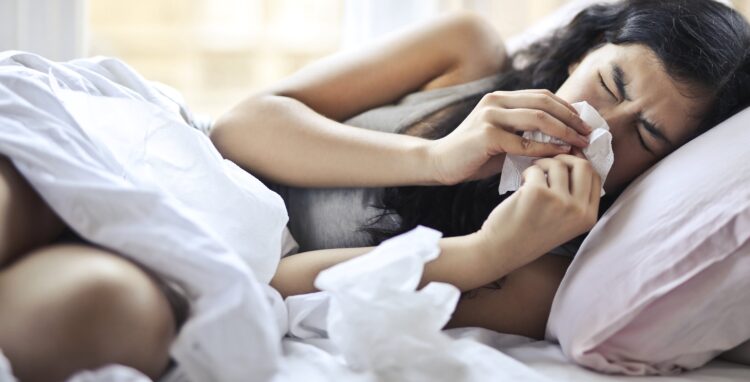Sleep is a physiological functioning that is made up of cycles that are essential in the restoration and recovery of vital bodily and mental functions.
Healthy sleep helps improve our productivity and quality of life. Sometimes, the need for sleep is under-prioritized as other daily activities are carried out with focus and tenacity, forgetting the most vital action of the day which is recharging our body and mind.
Poor quality of sleep is due to several reasons like poor sleep hygiene, having a hard time falling asleep, lack of sleep consistency in quantity and quality, experiencing frequent daytime disturbances; sleep disorders, health conditions, depression, stress, and others. Research has shown that forming a good sleeping habit is a central part of health. Poor sleep quality, the risk of having sleeping disorders, and other chronic diseases traced to lack of sleep can be alleviated through having effective sleep hygiene.
Sleep Hygiene simply means having a set of practices or habits that allow you to sleep well at night. The most straightforward way of obtaining the optimum amount of sleep is by having good health hygiene. As young adults, we require 7-9 hours of sleep to have a productive life, though it may seem far fetched it is attainable. We humans have an admirable ability to build up a set of routines to serve our long-term interests. Enforcing that skill in improving our sleep hygiene would go a long way, as it has a little cost and virtually no risk, all that is required is your will and discipline.

Practicing Good Sleep Hygiene
Good sleep hygiene is all about doing a set of things to achieve the best quality of sleep. You can harness positive habits to make it easier to sleep soundly throughout the night and wake up well-rested by making and optimizing daily routines and bed routines that are tailored to your liking from these tips:
Maintain Healthy Daily Habits
- Get Daylight Exposure: Sunlight can encourage quality sleep.
- Exercise: Regular exercise can make it easier to sleep at night
- Don’t Smoke: Nicotine stimulates the body in ways that disrupt sleep and it is also associated with different sleeping problems.
- Reduce Alcohol Consumption: It is best to moderate alcohol consumption and avoid it later in the evening because it contributes to disrupting your sleep later at night.
- Reduce Caffeine Intake: Caffeine, a stimulant, can keep you wired even when you want to rest, so try to avoid it later in the day.
- No Late-Night Eating: Eating a big, heavy, or spicy meal late at night can mean you’re still digesting when it’s time for bed. In general, any food or snacks before bed should be on the lighter side. Also, reduce fluid intake before bedtime.
- Restrict In-Bed Activity: To build a link in your mind between sleep and being in bed, stay clear of doing any activity on your bed.
- Have a fixed wake-up time: Whether it is a weekday or weekend try to keep a strict schedule to have a consistent sleep rhythm.
- Limit Afternoon Naps: Naps help in regaining energy during the day but overdoing it can disrupt your night sleep schedule. Keep your naps relatively short and limited to the early afternoons to avoid disrupting your sleep pattern.
- Manage stress before going to bed: Worrying before bed would likely keep you awake all night. Practice brain dumping by writing down your thoughts in a journal, this helps to relax your brain.
Bed Routine Habits
Your sleep environment is a major component of your sleep hygiene. It is easier to fall asleep more easily in a bedroom that is conducive for you.
- Have a Comfortable Mattress and Pillow: Choose the best mattress and best pillow for your needs wisely because your sleeping surface is critical to the comfort and pain-free sleep you experience.
- Use Excellent Bedding: The sheets and blankets should match your needs and preferences.
- Set a Cool Yet Comfortable Temperature: Calibrate your bedroom temperature to suit your preferences but do not make it too cool.
- Block Out Light: Use heavy curtains or an eye mask to prevent light from interrupting your sleep. Also, avoiding the use of cell phones, tablets, and laptops a few minutes before bedtime, because mental stimulation may decrease melatonin production and make it difficult to facilitate sleep.
- Drown Out Noise
- Try Calming Scents: Light smells may induce a calmer state of mind and help you sleep.
Sleep Hygiene is Person Specific
Sleep hygiene varies from person to person but it is best to try out different adjustments that would improve your sleep quality. There’s no rush in changing your current routines immediately, take it step by step until you attain ideal sleep hygiene. It is important to know that improving your sleep hygiene would not always resolve your sleep problems or sleep disorders as you might need other treatments as well. It might be beneficial but alone, no, it is no magic formula. Sleep hygiene can make it easier to improve your sleep quality thereby improving your productivity and life quality
References
Sleep Foundation: What Is Sleep Hygiene? ; https://www.sleepfoundation.org/sleep-hygiene
Health Line: 10 Healthy Sleep Hygiene Habits; https://www.healthline.com/health/sleep-hygiene
Okulaja Iseoluwa Iretomiwa




